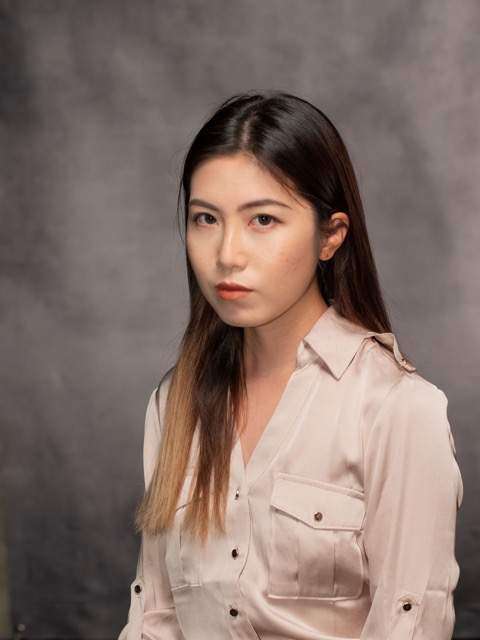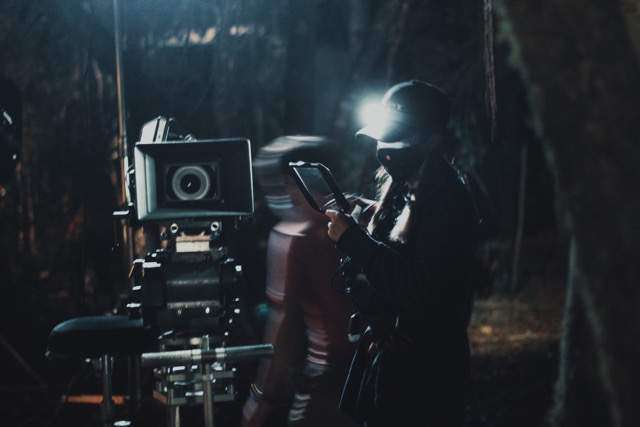
The superhero genre is nearly ninety-nine percent formulaic. They are also among the most popular of all films. Critics of the genre site a lack of relatability to these types of films but director Shahbaz Ahmed Khan’s Alien destroys this argument. Just as importantly, the title and the main character present this in the experiences of a young boy from Pakistan living in the United States. Essential in attaining the emotional tone of this story is the visual approach of cinematographer Ruoyu Zhang whose painstaking attention to each act of this film grounds it in a space that exists in our reality yet provides glimpses of the extraordinary. Zhang’s framing and lighting design are a massive component in allowing the audience to both see the world of Ali (played excellently by Vikram Rhodes) and feel it as he does, with wonderment and anxiety. Awarded Best Superhero/Comic Book Film at the Pensacon Short Film Festival, Alien is a film for those who love superhero stories as well as those who do not. The most brilliant aspect of this film is that it serves as a Rorschach test, asking each viewer whether what they are witnessing is true reality or Ali’s reality. To understand, one must experience Alien for yourself.

The outer appearance of Alien is that of a childhood drama concerning a boy who feels out of place and discovers he has power within himself. The inner message is that of being an immigrant in the United States. Melding these two ideas allows a bridge to be built for those who have lived the experience and for those who could use more insight into it. The film’s DP Ruoyu Zhang announces, “Alien is the most filling project I have worked on so far in my career. I really love the story. I think it is very smart to use a kid as the main character and follow his perspective to discuss a big topic about immigration. It uses such a fun way to understand the word ‘alien.’ it romanticizes the bitter part of being an immigrant and being an outsider and I think the way we tell the story can bring more courage and braveness to young immigrant kids in this country. As someone who is from a country other than the United States, I used to feel like I didn’t belong here and couldn’t relate to anything here but after making Alien, I started to think more about who I am and what I mean to this country. This film also gives great comfort whenever I doubt myself.”
The heaviness of the story and Ail’s experiences is offset by the bright colors and soft lighting Ruoyu utilizes in her approach to this film. This perspective of childhood magic is dichotomous to the bullying and police interrogation that Ali experiences in his new Florida hometown. The continuous feeling of isolation he has is subtly reinforced in the choice of close-ups and wide shots with Ali placed in the foreground or background, insinuating that he never quite belongs. Shaky camera movements, such as the one in which Ali and his mother discuss their new home and fitting in, further reinforce the emotional instability of this young boy. In Alien, Ruoyu, director Shahbaz Ahmed Khan, Production Designer Rita Al Cunha (of HBO’s hugely anticipated House of the Dragon), Sound Editor Braxton Marie Thompson (37th Film Independent Spirit Awards), and their collaborators have created an indie feeling superhero film which possesses the authenticity that big studio productions seem void of. It’s obvious that the extremely talented filmmakers behind this film also have ample experience within the social space that its central character exists in.
Writer: Coleman Haan